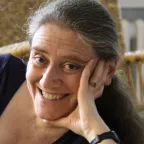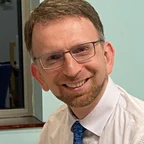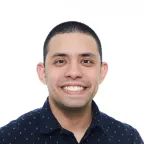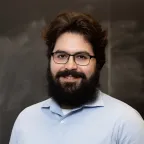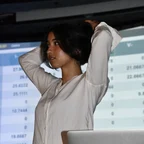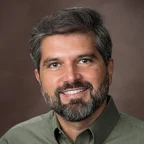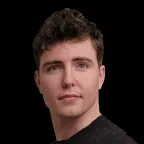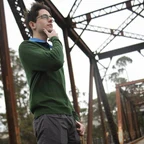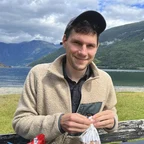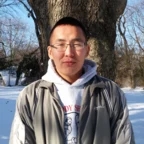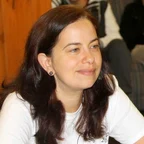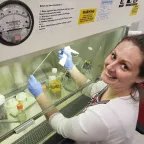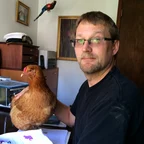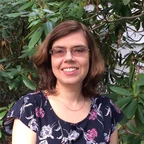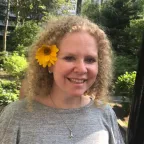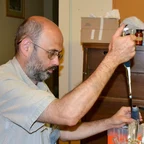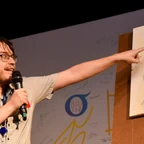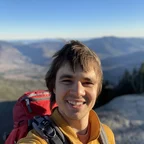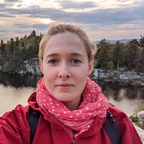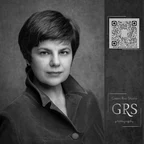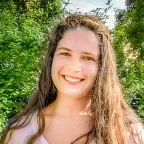
This will be my 8th year as a SigmaCounselor. My favorite part of the camp is interacting with all of the campers and staff, and I also love that Sigma is a learning experience for campers and staff alike. Every year I learn so many new things from lectures, tournaments, workshops, and just from talking to other people.
In 2021, I graduated from the University Chicago, where I studied math and computer science, and I currently live in Chicago and work as a trader. At my job I get to work on interesting projects of my choosing and I constantly apply principles of calculus, statistics, probability, and my (sadly pretty weak) programming skills to my work. Outside of work, I like to do gymnastics and I also volunteer as a cheerleading coach for my former college team. I also enjoy playing soccer, volleyball, and tennis, though I’m not very good at any of them.
